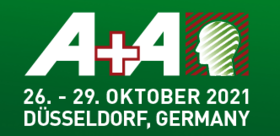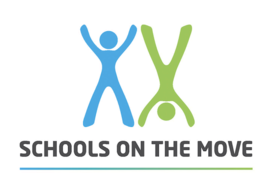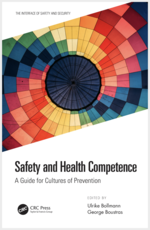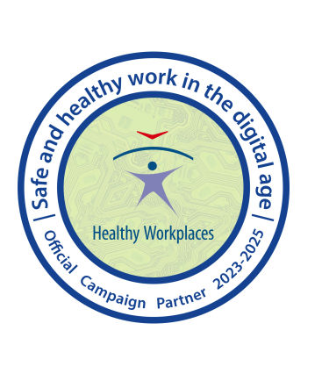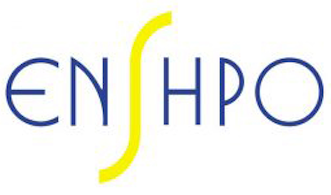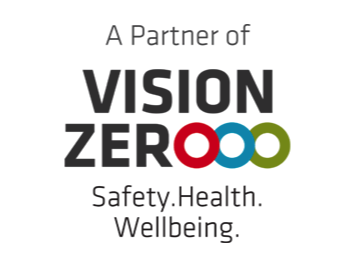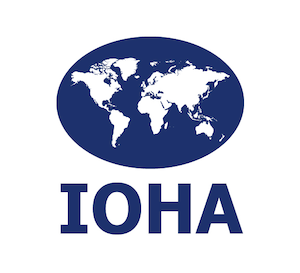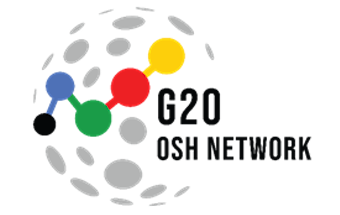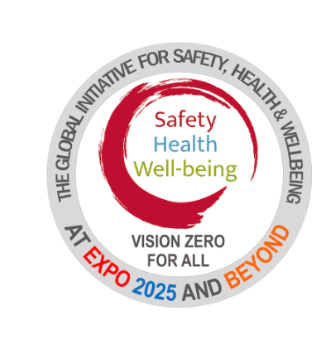CodeX, an award-winning, student led social enterprise attached to the University of Nottingham, UK, is a very good example on how to enhance the employability of young people by providing education, gender equality, decent work and economic growth, and reduced inequalities.
CodeX offers one-to-one coding lessons with a trained tutor, where students can learn Python, one of the world’s most widely used programming languages. The aim is to improve the employability of young people by teaching them to code. In particular, CodeX aims to create inclusive courses that are suitable for both people with and without ASC (Autistic Spectrum Condition).
There are three types of courses: the "ASC Course" - a 6-week, 6-hour long course that gives students with ASC the opportunity to engage in a coding experience that is tailored to their needs through the course's delivery and format. The second, "Non-ASC Course", is offered in schools, for a larger cohort of students (without ASC). These courses will also follow the 6-week, 6-lesson package format. And, finally, CodeX offers an "Employability Session", a 1-hour session run by one of the sponsors, where they give an insight into the tech industry and how programming can be applied within the working world.
All courses are inclusive and accessible, and they offer price flexibility where possible, so that gender, race, economics and neurodiversity are not barriers to success, as CodeX believes that everyone should have equal employment opportunities, and are committed to tackling the employment gap for people with autism.
More information on the
CodeX website.


